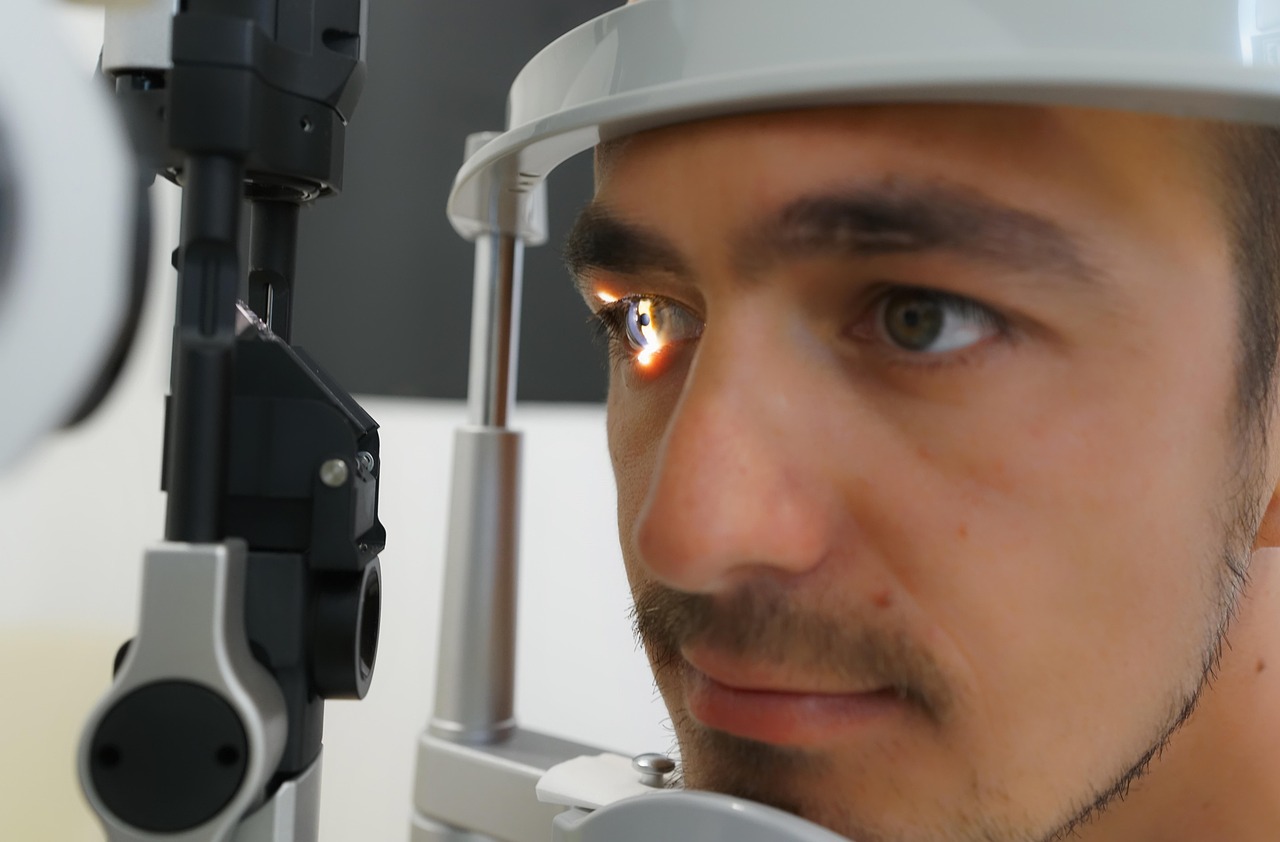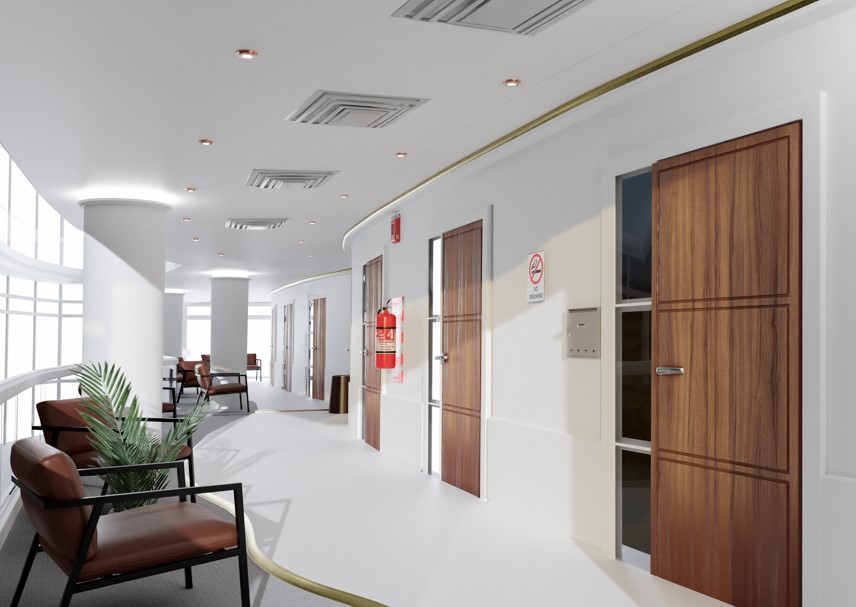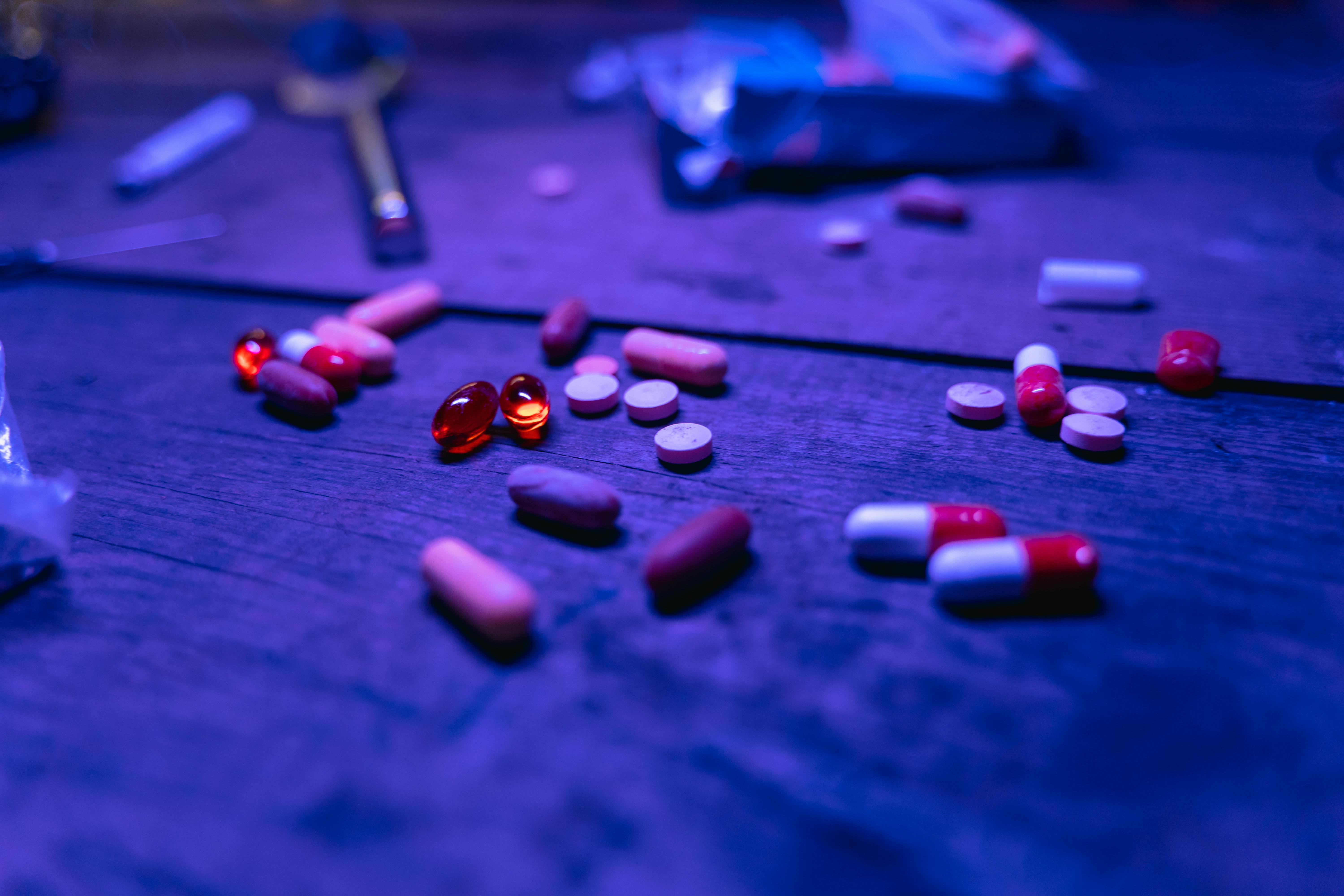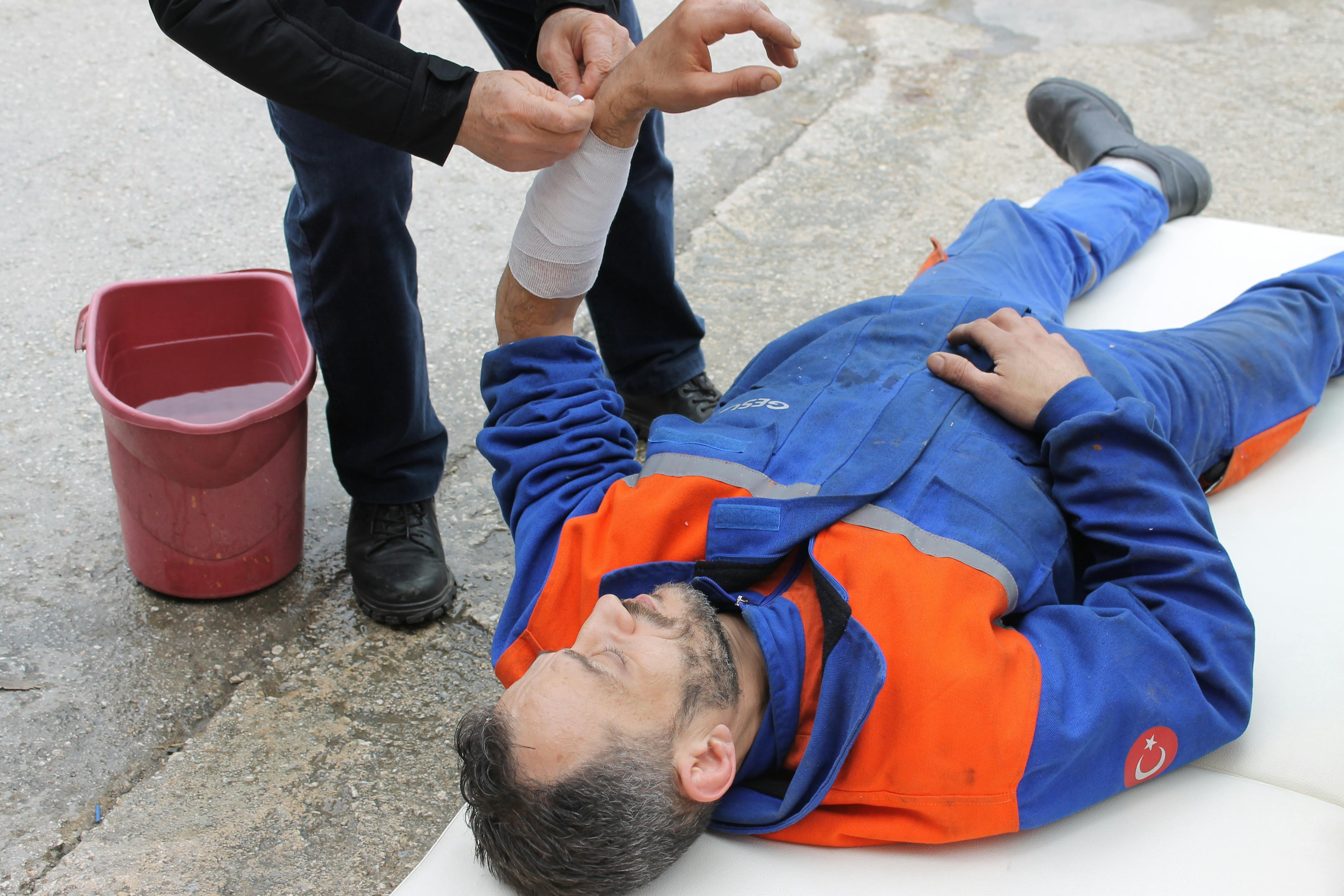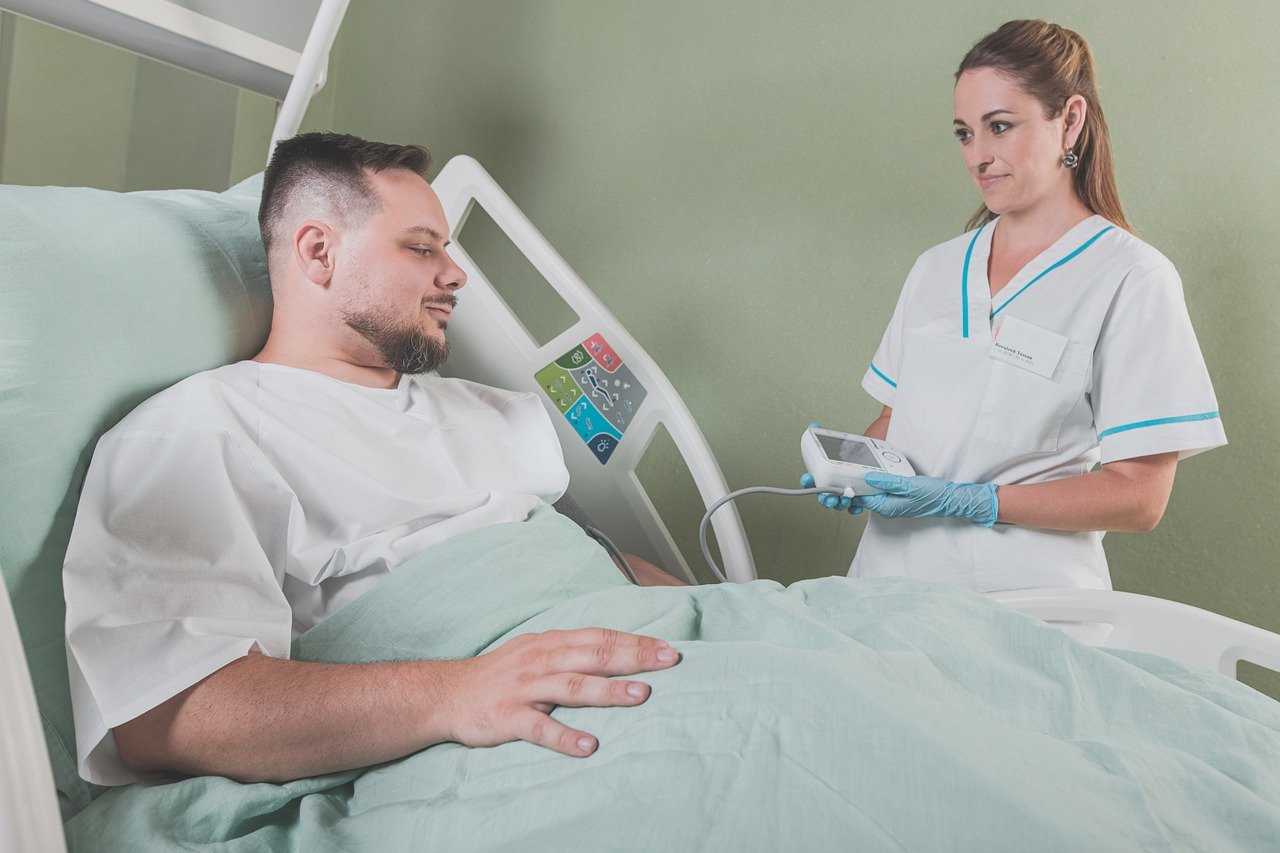05
Sep 2023
Dental Emergencies: When to Head to the Hospital
Published in General on September 05, 2023
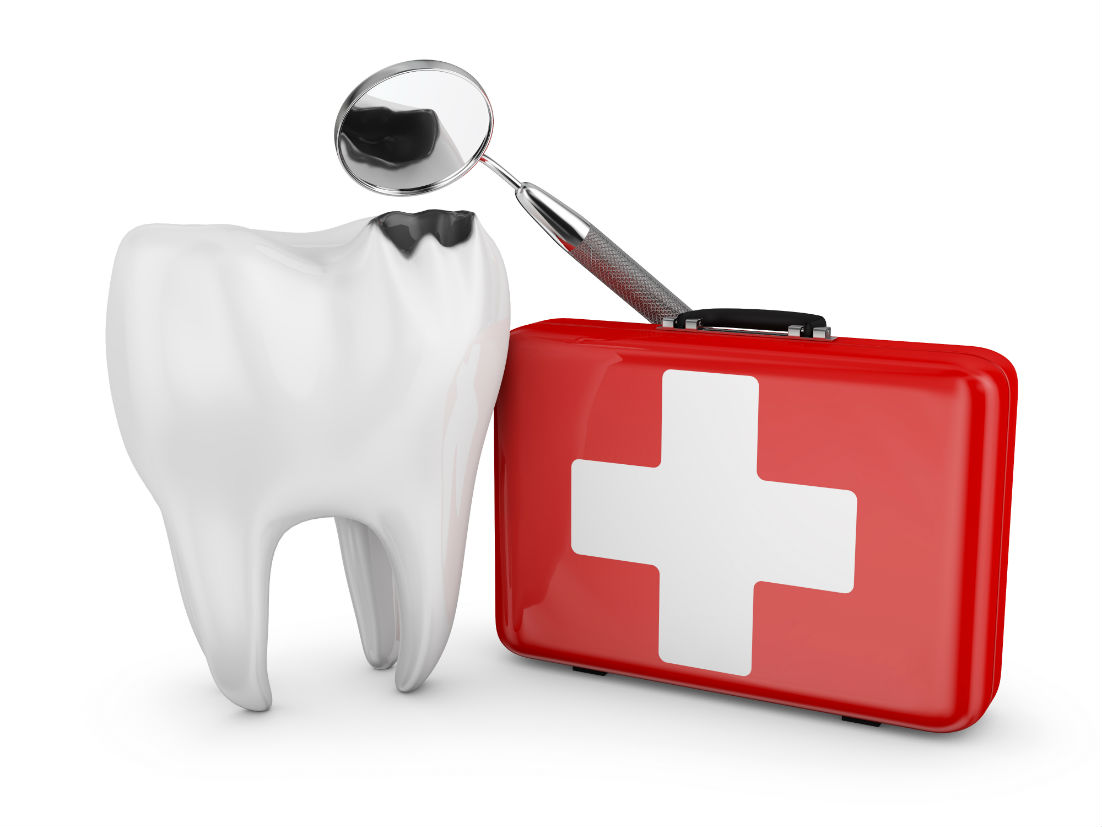
A sudden, sharp twinge in your tooth. A knocked-out tooth from a fall. An excruciating toothache that seems to come out of nowhere. Dental emergencies are not only painful and distressing but also quite common. While routine dental visits and good oral hygiene habits are essential for maintaining oral health, emergencies can arise unexpectedly, demanding swift and informed action.
When it comes to your health, knowing when a dental issue constitutes an emergency requiring immediate hospital attention is crucial. Understanding the signs, symptoms, and appropriate responses can mean the difference between quick relief and potential complications.
In this article, we will look at what constitutes dental emergencies in more detail, guiding you through various scenarios that warrant a trip to the hospital.
Assessing the Severity of Dental Emergencies
Not all dental issues will require a trip to the hospital. Some can be resolved by a Sydney Emergency dentist specialising in urgent situations. However, understanding the signs of when you should go to a hospital can help you decide on the best course of action.
Here are some common scenarios that warrant a trip to the hospital:
Severe Toothache
A severe toothache can be a relentless agony that can bring even the most stoic individuals to their knees. Often characterised by sharp, stabbing pain or a continuous throbbing sensation, a severe toothache indicates an underlying issue that demands attention.
While you can attribute some toothaches to minor irritations or sensitivities, a severe toothache typically signifies a deeper problem that requires evaluation. Whether it's the result of advanced dental decay, an infected tooth, a fractured enamel, or an inflamed gum, a severe toothache is your body's way of alerting you to a dental emergency that needs urgent consideration.
Ignoring such pain can lead to complications and more profound oral health issues, so bear this in mind when assessing the severity of the situation and what course of action to take.
Knocked-Out Tooth
A knocked-out tooth is a distressing and unexpected event that can occur due to accidents, sports injuries, or sudden impacts. When a tooth is completely dislodged from its socket, time becomes a critical factor in determining its fate.
Swift action within the first hour of the tooth being knocked out offers the best chance of successful re-implantation. The tooth must be handled delicately by its crown (the top part) and rinsed gently with water if dirty. If feasible, attempting to reinsert the tooth into its socket can help maintain its viability. If not, placing the tooth in a milk container or between your cheek and gum can help keep it moist en route to a hospital or dental clinic.
A knocked-out tooth can often result from traumatic force. Therefore, seeking immediate medical attention is crucial for potential reattachment and addressing any accompanying mouth or jaw injuries.
Uncontrolled Bleeding
Uncontrolled bleeding from the mouth is a dental emergency that demands immediate attention. Excessive bleeding can be alarming and pose potential risks, whether it stems from a traumatic injury, oral surgery, or an underlying dental condition.
In such an event, applying gentle pressure with clean gauze or a cloth can help manage the bleeding somewhat. However, if the bleeding persists or intensifies, it is crucial to seek professional medical assistance promptly. Profuse bleeding can not only result in a significant loss of blood but may also indicate an underlying issue that requires urgent evaluation.
Subsequently, a timely response can help control the bleeding, prevent complications, and provide the necessary interventions to ensure the stability of your oral health.
Swelling and Infections
Swelling in the face, neck, or oral cavity is often an alarming indicator of an underlying infection that demands immediate attention.
Dental infections can escalate rapidly, leading to abscesses or cellulitis. Both of which can have serious implications for your health. An abscess is a pocket of pus caused by a bacterial infection. It can cause excruciating pain and may require drainage to alleviate discomfort. Cellulitis, a bacterial infection that spreads through the soft tissues, can result in significant swelling, redness, and even fever.
If left untreated, these infections can extend beyond the oral region and potentially compromise your overall well-being. Recognising the signs of swelling and infection, such as tenderness, warmth, and difficulty swallowing, is vital for taking swift action to prevent the condition from worsening.
Therefore, promptly seeking professional care can help control the infection, alleviate pain, and ensure appropriate treatments are administered to safeguard your oral and systemic health.
Injury to the Jaw
An injury to the jaw is a dental emergency that requires immediate evaluation and care. The jaw, a complex and essential component of your oral anatomy, plays a crucial role in various functions such as speaking, chewing, and facial aesthetics.
A blow to the jaw, whether due to an accident, sports injury, or fall, can lead to fractures or dislocations that impact both your oral health and overall well-being. Symptoms of a jaw injury include severe pain, difficulty opening or closing the mouth, misalignment, and potential changes in your bite.
Fast medical attention is paramount to managing the pain and discomfort associated with the injury and assessing any potential damage to teeth, surrounding tissues, and the temporomandibular joint (TMJ). A thorough evaluation by a medical professional can help determine the extent of the injury and guide appropriate treatment, which may involve immobilisation, realignment, or surgical intervention if necessary.
Lost Dental Restoration
The sudden loss of a dental restoration, such as a crown, filling, or bridge, might not seem like an immediate cause for alarm, but it can lead to discomfort and potential complications if not addressed promptly.
Dental restorations protect weakened or damaged teeth and maintain their structural integrity. When a restoration becomes dislodged due to trauma, decay, or wear, it can expose sensitive parts of the tooth, causing pain, sensitivity to hot or cold stimuli, and difficulty chewing.
Ignoring a lost restoration can lead to further damage or decay of the affected tooth, which might necessitate more extensive and costly treatments down the line. Seeking timely care from a dental professional can help prevent complications, restore function, and alleviate any discomfort you might be experiencing. Immediately addressing the situation ensures you receive fast comfort and contributes to your oral health's long-term health and stability.
When to Visit the Hospital
In cases of severe pain, uncontrolled bleeding, trauma to the jaw, or swelling that interferes with breathing or swallowing, you should head to the nearest hospital's emergency room.
Hospitals have the necessary resources and expertise to handle a wide range of dental emergencies and their medical professionals can provide timely care to alleviate pain, prevent complications and initiate appropriate treatments.
Steps to Take Before Heading to the Hospital
While en route to the hospital, there are a few steps you can take to improve your chances of receiving effective treatment:
- Control Bleeding: If you're experiencing bleeding, try to control it by gently biting down on clean gauze or a clean cloth.
- Manage Pain: Over-the-counter pain relievers can help manage intense discomfort while travelling to the hospital.
- Preserve Knocked-Out Teeth: If a tooth has been knocked out, handle it carefully by the crown (the top part), not the root. Rinse it gently with water if it's dirty, and try to place it back into the socket if possible. If not, store it in milk or your saliva to keep it moist.
- Stay Calm: Dental emergencies can be distressing, but staying calm will help you make clear decisions and communicate effectively with medical professionals.
Preventing Dental Emergencies
While some dental emergencies are unavoidable, there are steps you can take to reduce the risk of encountering them:
Practise Good Oral Hygiene
Maintaining a thorough and consistent oral hygiene routine should be your first line of defence against potential dental emergencies.
Regular brushing, flossing, and rinsing can help prevent the buildup of plaque and bacteria that lead to cavities, gum disease, and other oral health issues. When diligently caring for your teeth and gums, you reduce the risk of developing conditions that might escalate into emergencies, such as severe toothaches or infections. Additionally, routine dental check-ups are vital in catching and addressing minor concerns before they become more serious.
By prioritising good oral hygiene practices and committing to regular dental appointments, you empower yourself with the tools to ward off unexpected dental problems and foster a healthier, more resilient smile.
Wear Protective Gear
Participating in sports or recreational activities can bring joy and excitement, but they also carry a risk of dental injuries.
Wearing appropriate protective gear, such as mouthguards, can significantly reduce the likelihood of experiencing dental emergencies. Mouthguards provide a cushioning barrier that helps absorb impact forces, shielding your teeth, gums, lips, and jaws from potential harm. Whether engaging in contact sports like football and hockey or recreational activities like mountain biking or skateboarding, a well-fitting mouthguard can be the difference between a carefree day and an unforeseen trip to the hospital.
Overall, investing in protective gear preserves your smile's aesthetics and safeguards your oral health, allowing you to enjoy your favourite activities with confidence and reduced risk of dental trauma.
Avoid Chewing Hard Objects
Our teeth are remarkable for their strength and resilience. But they are not indestructible. Chewing on hard objects like ice, pens, or even unpopped popcorn kernels might seem harmless, but it can lead to dental emergencies.
These seemingly innocuous habits can result in cracked or chipped teeth, which cause discomfort and expose sensitive inner layers of the teeth to potential infection and further damage. Protecting your teeth from unnecessary risks is as simple as breaking free from these habits and choosing tooth-friendly alternatives.
If you heed this advice and opt for foods that won't compromise your dental health, you reduce the chances of needing urgent dental interventions and ensure that your teeth remain strong and intact for many years.
Address Dental Issues Promptly
Procrastination seldom serves us well, especially when it comes to dental concerns. Therefore, quickly addressing even a minor dental issue can significantly prevent them from escalating into full-blown emergencies.
A seemingly harmless toothache or occasional sensitivity might indicate underlying problems that, if left untreated, can develop into severe pain, infections, or other complications. However, regular dental check-ups allow professionals to catch potential issues early and provide appropriate interventions before they become urgent matters.
Remember that the sooner you seek treatment, the more manageable and less invasive the solutions will likely be. Subsequently, prioritising your oral health by promptly addressing dental problems saves you from unnecessary pain and stress and contributes to maintaining a healthy, confident smile.
Conclusion
Understanding when a dental issue necessitates a trip to the hospital can make all the difference in safeguarding your well-being and preserving your smile.
Dental emergencies require careful assessment and swift action. They also involve making informed decisions during the critical moments.
By embracing the practices and understanding the nuances of dental emergencies outlined in this article, you can confidently approach any unforeseen situation with the knowledge you know how to take the proper steps to protect your oral health and overall well-being.



